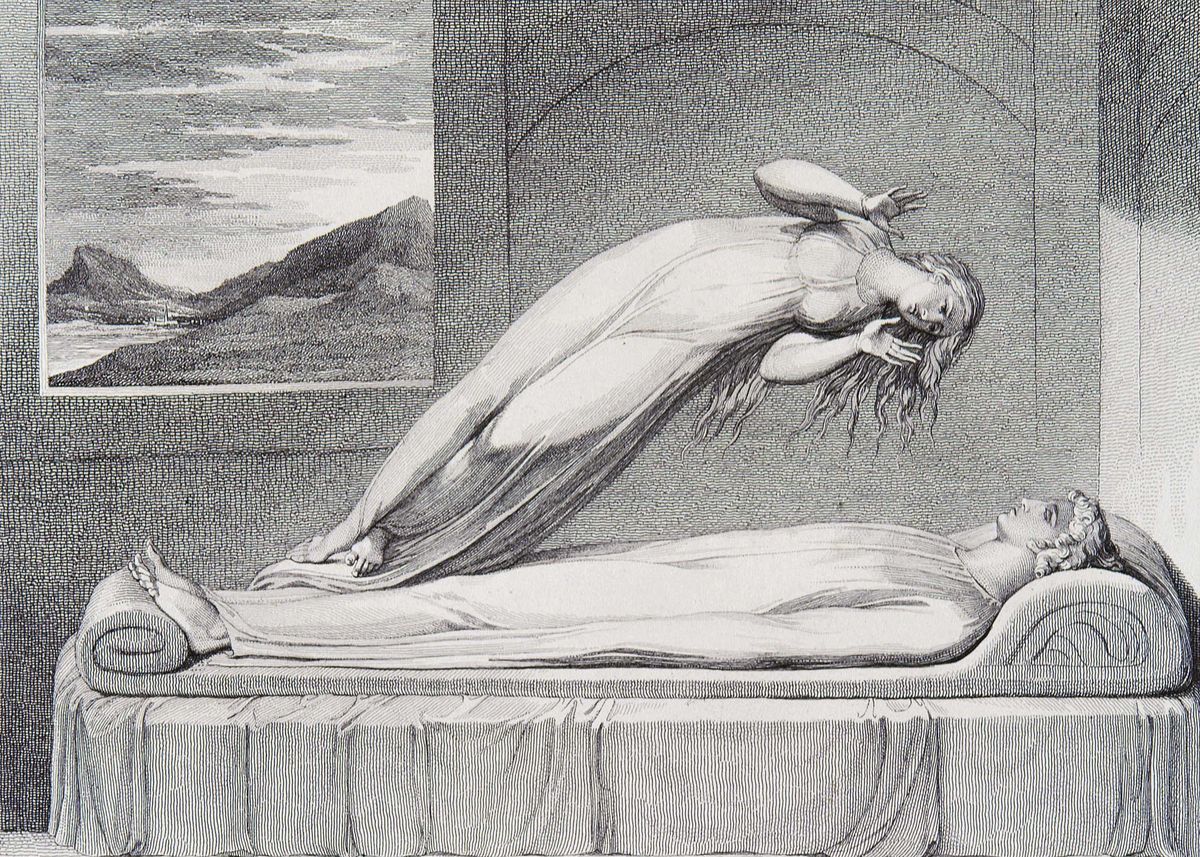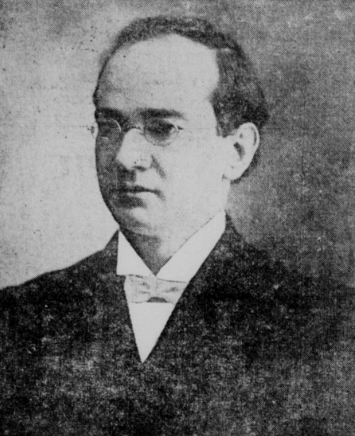The Search for the Soul: The 21 Gram Theory

The idea that the human soul has a measurable weight is a fascinating concept that has occupied both scientists and philosophers for centuries. One of the most famous studies on this topic is the "21 Grams" experiment conducted by physician Duncan MacDougall in 1907. MacDougall postulated that souls have a physical weight and attempted to measure the mass a person loses when they leave the soul.

MacDougall's experiment was simple but controversial. He placed six dying patients whose death was imminent on an industrial scale accurate to two-tenths of an ounce (5.6 grams). In one of the patients, he found that the weight decreased by about 21 grams immediately after death. MacDougall claimed that this was the weight of the soul.
Though intrigued by the idea, MacDougall's experiment was widely rejected by the scientific community. Critics pointed out a number of flaws, including the small sample size, the methodology, and the fact that only one of the six subjects supported the hypothesis. In addition, physician Augustus P. Clarke pointed out that the observed weight loss could be explained by sweating after death, as the body stops cooling blood.
However, despite its scientific rejection, MacDougall's experiment popularized the idea that the soul has a weight, specifically that it weighs 21 grams. This idea has taken root in popular culture and has been embraced in movies, music, and literature.
It is important to note that science does not yet have a definitive answer to the question of whether or not the soul has a physical weight. While some reject the idea as pseudoscientific, others believe it may offer a deeper insight into the nature of human consciousness and existence. Regardless of its scientific validity, the "21 Gram Experiment" remains a fascinating piece of history and a testament to human curiosity and the desire to understand the unknown.




